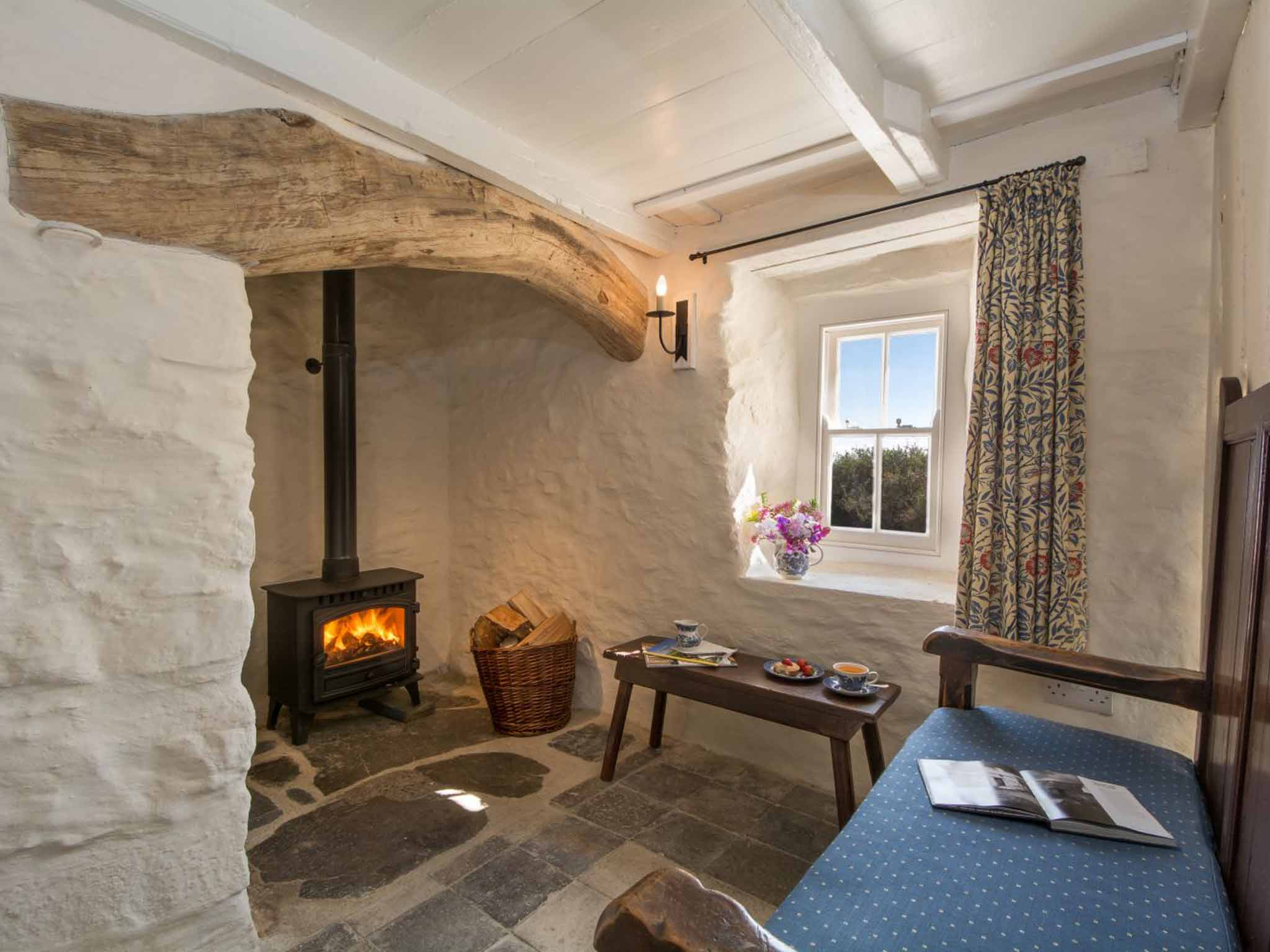Landords and buy-to-let investors face lending clampdown and higher tax
After being hit with a Stamp Duty rise, new Bank of England proposals will hit the buy-to-let sector

Thousands of buy-to-let investors could be left stranded under new proposals announced by the Bank of England this week. Under the changes, lenders will have to consider landlords’ wider finances and not just their rental income.
Banks and building societies will have to reassess whether rent charged is high enough to provide a large enough margin over mortgage interest. They will also have to take account of fees and management costs and also the impact of future higher taxes on borrowers’ cash flow.
Mortgage broker Simon Tyler said he has already received calls from worried clients uncertain they will be able to re-mortgage when their current deal expires. “It is a worrying situation with echoes of 2014 when the Mortgage Market Review set down new affordability requirements,” he said.
“Back then, lenders interpreted the regulations in an overly cautious way, leading to some quite absurd decisions and refusals for borrowers who were plainly able to afford their mortgages. My concern is that this will happen again under the new proposals on buy-to-let.”
The proposals are being consulted on and, if adopted, could cut new approvals for buy-to-let mortgages by up to a fifth. Landlords with fixed-rate loans will need to review their mortgage or restructure their portfolio of properties, warned Kay Ingram, director of savings and investments at LEBC.
“Stricter lending criteria may mean that getting new finance may not be as easy as it was when the original loan was taken out,” she said.
Landlords have already been hit by yesterday’s stamp duty hike, which left people buying second homes, including buy-to-let investors, being forced to pay three percentage points above previous rates. The new rates apply to all purchases of additional residential properties in England, Wales and Northern Ireland.
A hike in the tax also came into force in Scotland on the purchase of additional homes. The move was made to help avoid any potential distortions that could have come from the stamp duty hike for investors in the rest of the UK.
“Yesterday marked the beginning of a raft of changes already introduced by the Government and has the potential to cause confusion even among the most savvy of landlords,” pointed out Steve Griffiths, head of sales and distribution at Kensington.
Andrew Gardiner of crowdfunding site Property Moose, predicted that the increase could encourage investors to turn to caravans and houseboats, which are exempt from stamp duty.
“The increase in stamp duty and, just as importantly, the changes to buy-to-let mortgage tax relief from 2020, have not only changed the profitability of the asset class, but has also transformed the risk profile of property investment,” he said. “Even fully tenanted properties could end up costing landlords thousands of pounds each year.”
Join our commenting forum
Join thought-provoking conversations, follow other Independent readers and see their replies
Comments
Bookmark popover
Removed from bookmarks